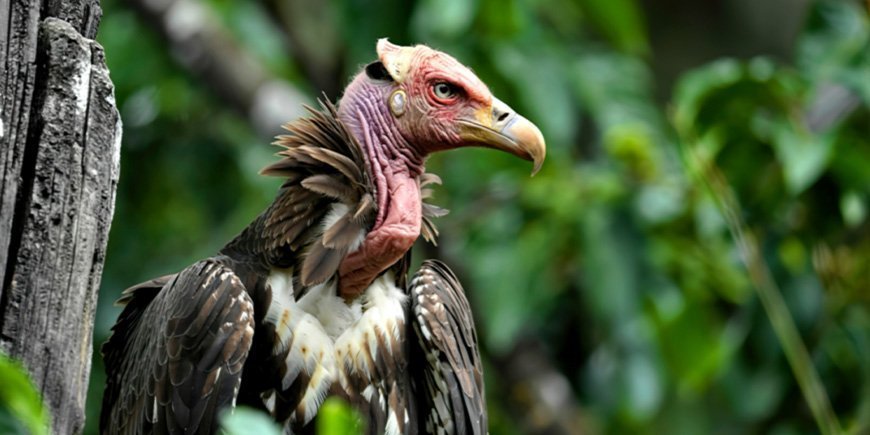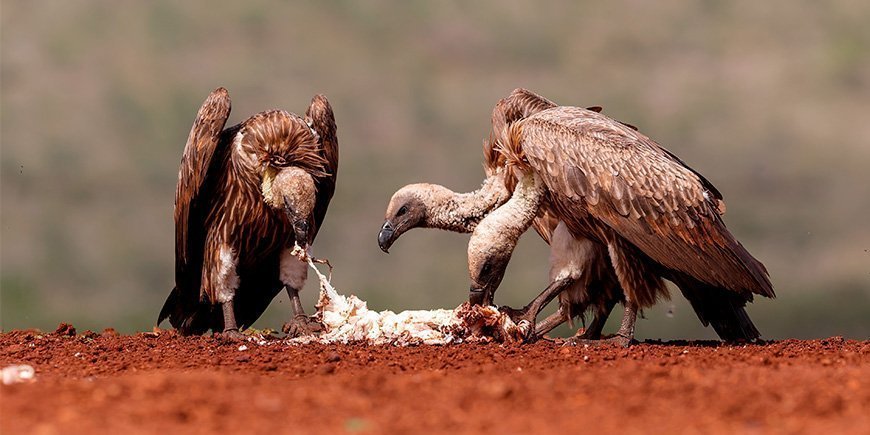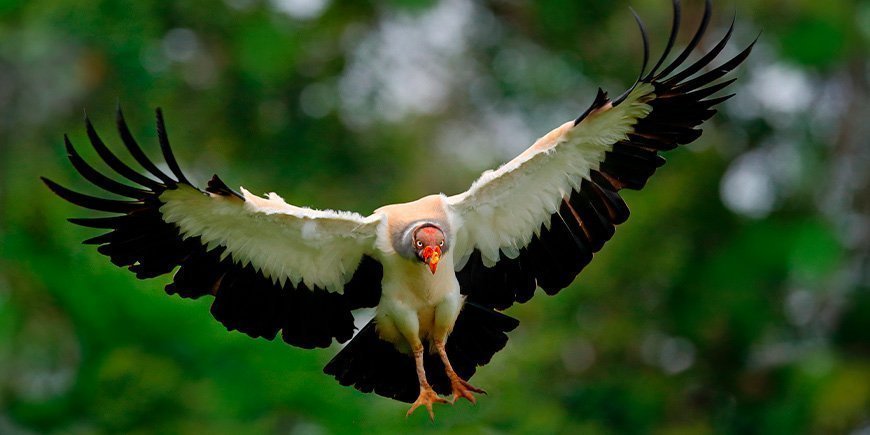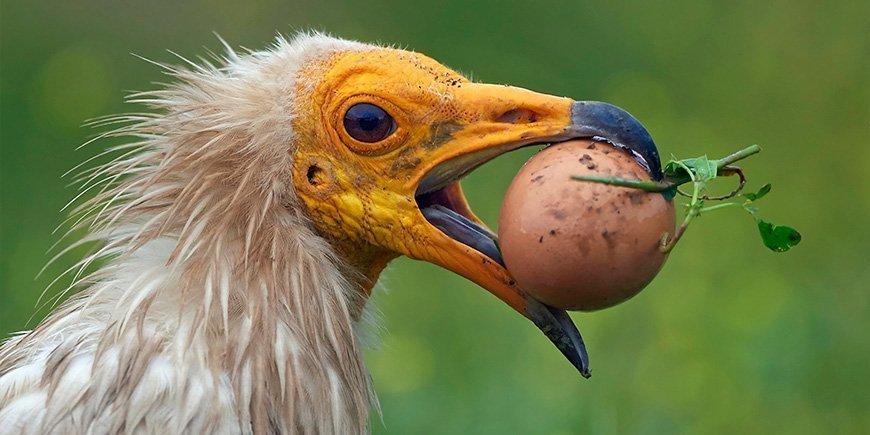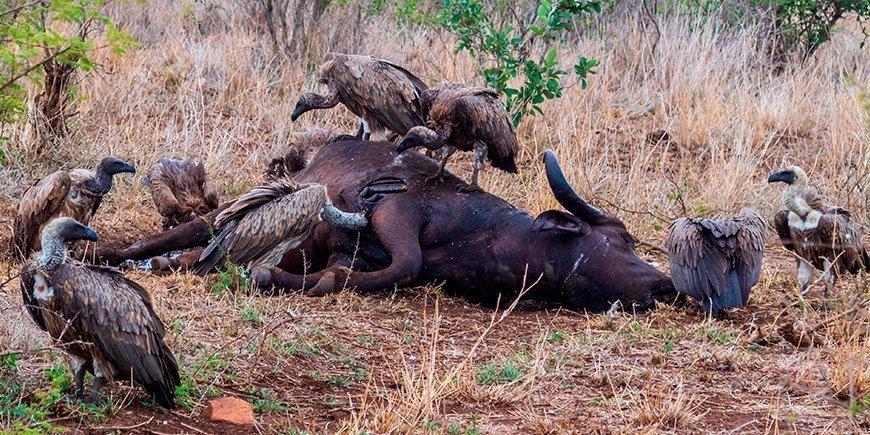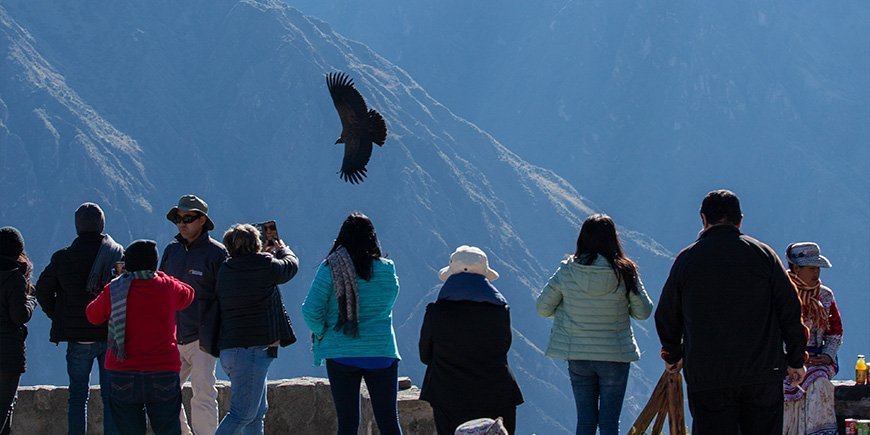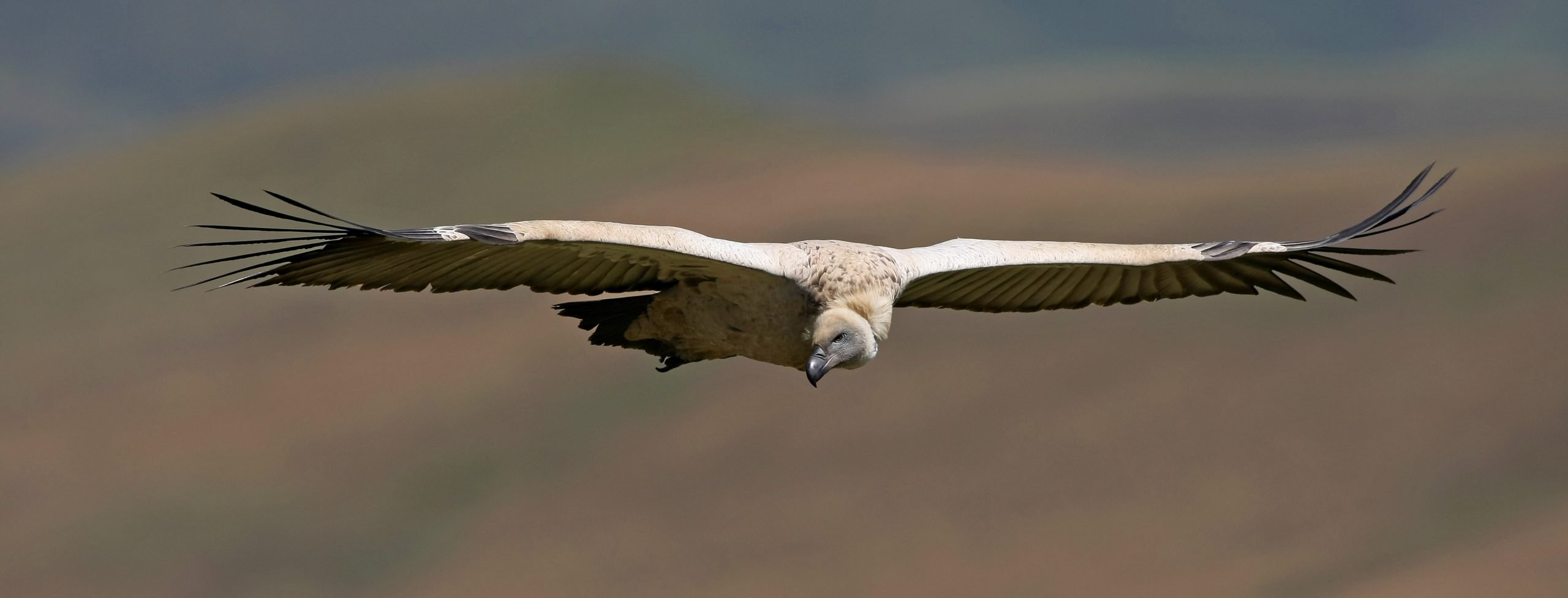The ugly birds – the vulture
03/08/2025We head out on safari in search of all things popular and beautiful. The majestic lion. The brightly coloured birds.
But a safari isn’t all about beauty.
And these creatures are neither popular nor pretty. Yet they play a crucial role.
They all serve a purpose – one we, as travellers, may not always consider.
Here’s the tale of the ugly birds.
This is the story of the vulture.
Nature’s waste collector
Picture yourself on the savannah, watching as a vulture buries its head deep in the remains of a lion’s dinner. It might seem gruesome – but the reality is quite different.
The vulture is one of nature’s most efficient housekeeping assistants. It’s the ultimate waste collector, equipped with a stomach for the things most of us would rather not see. Like the hyena, it’s a scavenger, feasting on whatever the other animals have left behind. In just a few hours, it can strip a carcass clean, leaving nothing but bones.
It may appear macabre, but this is a vital, indispensable job:
Wherever there are dead animals, there’s a risk that bacteria and viruses can take hold and affect the local ecosystem. But the vulture’s digestive system can handle bacteria that would be deadly to humans and most other wildlife. And it’s precisely this unique ability that makes nature’s waste collector one of the true heroes of the natural world and of humanity.
Facts about vultures
The vulture is an utterly fascinating animal. But what do we really know about them – apart from the obvious? That they’re not exactly easy on the eye.
There are 23 different species of vultures, and you’ll find them almost everywhere in the world, except Australia and Antarctica.
Seven of these species belong to the so-called ‘New World’ vultures, or American vultures, which live in North and South America. The rest make up the ‘Old World’ vultures, inhabiting Africa, Asia, and Europe.
In fact, these two groups of vultures aren’t even from the same family. While the New World vultures’ closest relative is the stork, the Old World vultures are actually part of the hawk family.
Vultures are particularly known for being scavengers, devouring everything that other animals leave behind.
How can they eat what nothing else dares?
Over time, vultures’ bodies have adapted to surviving on things that would kill other animals. Even their bald heads are perfectly designed for plunging into rotting flesh – much more practical than ending up with dirty feathers after rummaging around inside a putrid carcass.
Vultures can survive on this diet thanks to their incredibly strong stomach acid, capable of destroying even the most dangerous bacteria.
Are they all scavengers?
Contrary to popular belief, not every vulture is a pure scavenger.
For example, the palm-nut vulture (Gypohierax angolensis) eats fruit as well. This species also stands apart from its less attractive cousins by actually having feathers on its head.
The Egyptian vulture (Neophron percnopterus) also enjoys more than just carrion. It’s famous for using stones to break open ostrich eggs, which it then eats.
Still, the vast majority of vultures are exclusively scavengers.
How did the vulture become an endangered species?
Vultures are among the world’s most threatened bird species. Thirteen of the aforementioned 23 species are now listed as endangered by the IUCN’s red list of threatened species, including 11 Old World vultures and 2 New World vultures.
One of the main threats comes from poisoned carrion – either laced with diclofenac, a drug formerly used on livestock, or deliberately poisoned carcasses intended to target predators like lions, which can be problematic for local communities in Africa. There are also cases (most recently in Kruger National Park, South Africa in 2025, where over 100 vultures died) where an elephant was poisoned by poachers, who killed it for its body parts. The vultures then fed on the poisoned carcass.
Using poisons – whatever the motive – has had devastating effects, particularly on vultures in Asia and Africa, where some populations have plummeted by over 90%. Take India, for example, where the Indian vulture population crashed from 50 million to almost zero by the mid-1990s.
Not only would losing vultures be utterly devastating for our biodiversity, it would also have dire consequences for both other animals and humans. We need vultures to keep nature clean and balanced.
What can you do?
There are many organisations working tirelessly on behalf of vultures. For instance, the South African NGO Vulpro plays a vital role in safeguarding Africa’s vulture species by, among other things, rescuing, rehabilitating, and releasing vultures back into the wild. Thankfully, they exist!
But what about us? Those of us who travel? It’s hard not to feel powerless at times. Often, we’re just bystanders, watching these things unfold. So, what can we do?
In fact, simply by visiting national parks such as Kruger, you are indirectly supporting the conservation of these endangered species. Many parks devote a significant part of their entrance fees to conservation efforts, surveillance, and the fight against poaching. This benefits vultures—as well as the rest of the wildlife.
You can also choose to support conservation directly, whether financially or by spreading the word, because the more people who understand the vulture’s role and value, the stronger the fight for their survival becomes.
An ode to finish
And so ends the story of these rather unattractive, yet vital, birds. When you’re on safari in Africa—or anywhere else you might be lucky enough to spot them—take an extra moment to look out for them. And remember, without them, even the beauty of nature would not be complete.
Where others look past and avert their gaze,
the vulture steps in through death’s quiet haze.
It bears the burden we shun every day—
yet clears the decay that won’t go away.
TourCompass – From tourist to traveller
